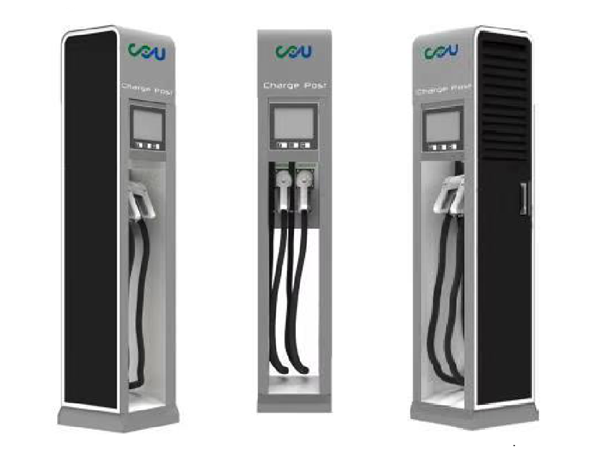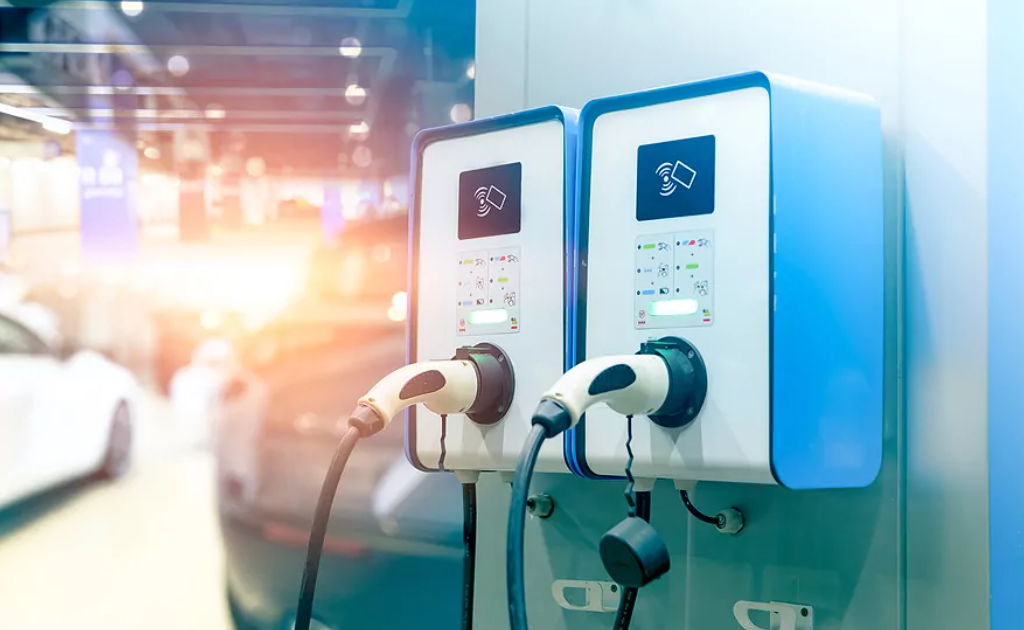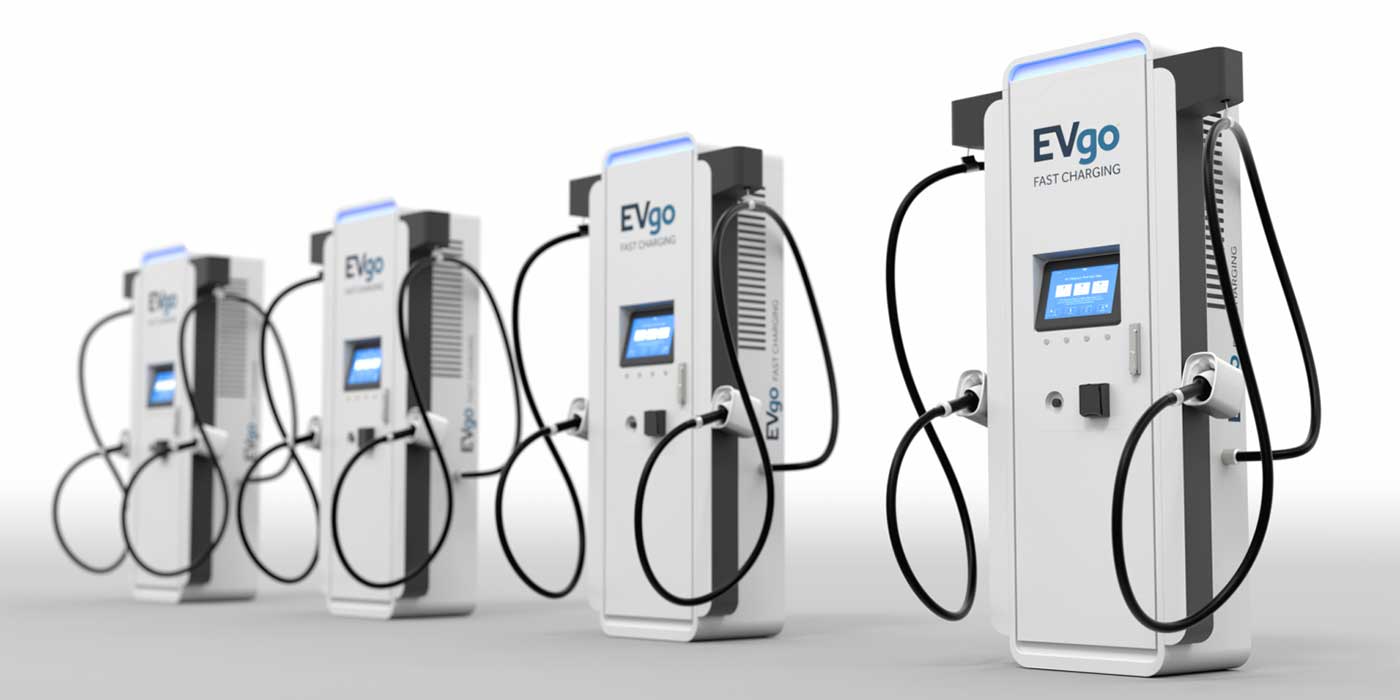Description
Like mushrooms, commercial electric vehicle (EV) charging stations are popping up in parking lots everywhere: AMC theaters, Macy’s, Costco, Target, gas stations, grocery stores, and more.
In fact, as Teslas and similar electric cars hit the road, there are now more than 64,000 public EV charging stations across the U.S. as of December 2023. In particular, fast commercial EV charging station installations have grown by 70% in three years.
That’s why we created this guide to the fundamentals of installing electric car charging stations.
Ideal Locations for EV Charging Station Installations
As electric vehicles approach 14% of the new car market in 2022, installing commercial EV charging stations attracts many businesses who want to increase their property value, employee satisfaction, and customer count.
Ideal commercial prospects for EV charging stations include:
Workplaces
Since people park at work more often than anywhere else except home, offering a charging station helps attract EV drivers as employees. In fact, according to the U.S. Department of Energy’s recent survey, 80% of employers with an EV charging station say that it has helped them attract and retain more talent. So, commercial EV stations improve both companies’ sustainability and their business targets.
When Americans aren’t at home or at work, they’re often out shopping and eating. This includes EV owners, who naturally want to park where their cars can charge while they’re enjoying themselves.
Public parking lots, business districts, shopping centers, restaurants, and malls can install commercial EV charging stations to attract such shoppers. Customers may even linger longer (and buy more) as they wait for their EV to charge up!
Service Locations
Public buildings, hospitals, and universities are often working towards sustainability goals and can receive LEED credits for installing an EV charging station. These prospects often have a large employee workforce and, as said above, can attract more talent with this environmentally friendly option.
Multifamily Housing
Not all electric car owners live in their own house – or want to. But a place without an EV station doesn’t meet their charging needs, driving them away from otherwise perfect living options.
Apartment buildings, condominiums, and other multifamily buildings can fix this drawback by installing EV charging stations. This not only increases their property value, but also draws in prospective residents with electric vehicles.
What Kind Of Commercial EV Charging Station Do Clients Need?
EV charger options vary by charging speed.
Level I Charging Stations
While the cheapest and most cost-effective option, this is also the slowest – cars will add only 3 – 5 miles of travel per hour. This charging time is often too slow for publicly available stations. However, Level I chargers may be adequate for some workplaces where employees can charge their car for up to 8 hours at a time.
Level II EV Charging Stations – Most Common For Commercial Sites
You’ll probably become very familiar with this option: it’s the standard for commercial parking spaces. Level II stations charge cars 4 – 5 times more quickly than their Level I counterparts, adding 12 – 40 miles per hour. They use 208/240V and 30 amp electricity.
Level III Charging Stations – DC Fast Chargers
The speediest EV charging level, these DC Fast Chargers (DCFC) fill up batteries fast: 80 – 400+ miles per hour. But they’re also the most expensive option and incompatible with some electric vehicles, so they’re not as popular as Level II chargers. Usually, only high-volume commercial EV charging station customers, such as car dealerships, commercial charging stations, and rest stops, will benefit from the added speed.
Tesla Supercharger network dominates the US DC fast charging landscape. When considering the next three largest DC fast charging networks (Electrify America, EVgo, and ChargePoint), the top four networks collectively make up the vast majority of all DC fast chargers in the US.
Commercial EV Charging Station Installation Costs
The average cost of installing a Level II EV charger for commercial use typically ranges between $6,000 and $12,000 per unit. This estimate includes the price of the charger, electrical upgrades, trenching (if needed), and labor.
Commercial EV charging station costs can vary depending on factors like the charger’s power capacity, location, and required electrical infrastructure upgrades. For projects with extensive site preparation or higher-powered chargers, commercial charging station costs could be higher, reaching up to $20,000 or more. Multiply this by the number of chargers to get a sense of how much a commercial EV charging station costs.
However, due to numerous EV charging station incentives across the nation, the property owner almost certainly won’t have to pay the full price. The federal EV tax credit previously offset up to $30,000 of these costs, and local incentives chipped off more. With the extension of the Alternative Fuel Vehicle Refueling Property Tax Credit under the Inflation Reduction Act, installations completed after 2022 can qualify for a credit of up to $100,000.
How much does a commercial EV charging station cost? Like solar installations, pricing depends on multiple factors. The three main capital costs are:
Infrastructure for Commercial EV Charging Stations
The first steps towards a new EV station are often the most expensive. Each site presents different challenges and requires an individually tailored approach, which impacts the commercial EV charging station installation.
Prepping a commercial EV charger site involves several expenses, such as:
-
Electric infrastructure to power the charging stations
-
Wire conduits and connectors
-
Pouring new concrete
-
Parking lot restriping
-
Signs guiding visitors to the EV station
An EV charging system quote should note the prices of all activities and materials needed to prepare the location for installation.
EV Charging Station Installation
Once all necessary changes are made to the site, it’s time to get the chargers there and have them working. Like solar installations, the EV charging station installation cost varies by:
-
Electrical service
-
Number of chargers
-
Location
-
Material quantity and type
-
Labor
-
Required permits
-
Associated taxes
-
Applicable state and local initiatives



